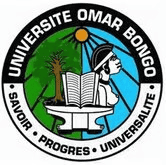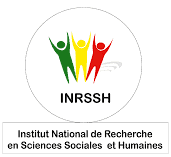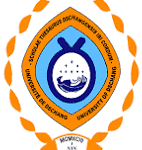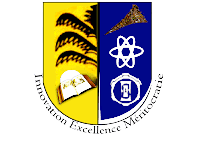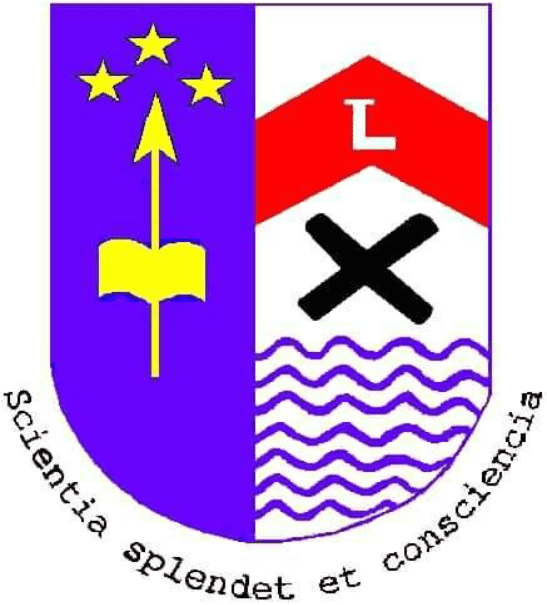The Vegetation, Soil and Biogeochemistry Observatory aims to monitor changes in forest ecosystems and evaluate the ecological consequences of different land use practices across the Congo Basin. This Observatory will provide the data needed to understand the impacts of logging, agroforestry, and forest degradation on carbon storage, biodiversity, and other ecosystem services.
Lead researchers and institutions
The Observatory is co-led by Prof Donald Midoko Iponga (CENAREST, Gabon) and Prof Lucie Temgoua (University of Dschang, Cameroon), supported by Prof Simon Lewis (University of Leeds, UK).
The Observatory also includes one PhD and one MSc student at CENAREST, one PhD student and two MSc students at the University of Dschang, and one PhD student at Leeds University. To read more about each of the scholarship research projects in the Vegetation, Soil and Biogeochemistry Observatory, click here.
Research objectives
The main objective of this Observatory is to collect and analyse long-term data on forest structure, biomass, species composition, and soil characteristics across different land use types. Building on the established AfriTRON network of permanent forest plots, the Observatory expands data collection into previously under-sampled forest types, including selectively logged forests and agroforestry systems, providing the first systematic comparison of intact, degraded, and managed forests in the region. Field teams will establish and maintain standardized vegetation plots across the four host nations. These will be used to measure tree growth, mortality, recruitment, species identity, canopy structure, and below-ground carbon stocks. Soil sampling and biogeochemical analysis will complement above-ground data, enabling calculation of total ecosystem carbon storage and assessments of nutrient cycling dynamics.
The Observatory has three key objectives:
- Quantify the carbon, biodiversity, and hydrological benefits of different forest types and land uses.
- Assess the long-term impacts of selective logging and agroforestry on forest recovery and resilience.
- Provide empirical evidence to inform sustainable land use policies, certification standards, and carbon finance mechanisms.
Links to other observatories
The Vegetation Observatory will work closely with the Hydrology Observatory where AfriTRON will have new monitoring in peat swamp forests, and with the Biodiversity Observatory to understand the links between selective logging, certification, and biodiversity. Collaboration with the Land Cover Observatory will facilitate assessment of changes in forest structure and evapotranspiration, to best estimate how logging impacts regional rainfall. We will work with the Socio-Ecology Observatory on the economic surveys of agroforests benefits and community monitoring of agroforestry.



